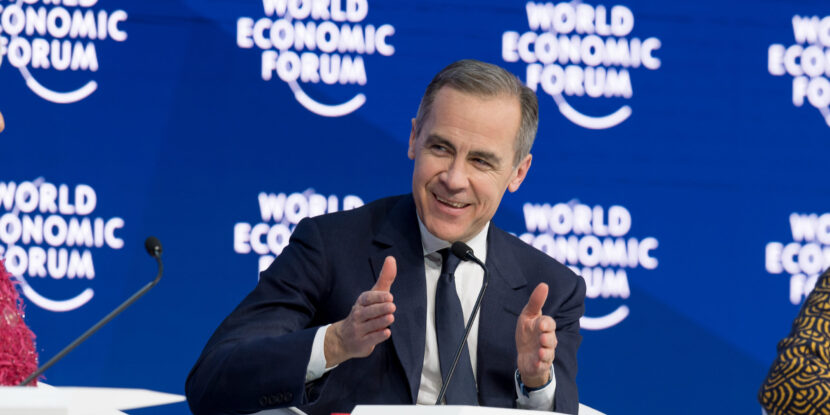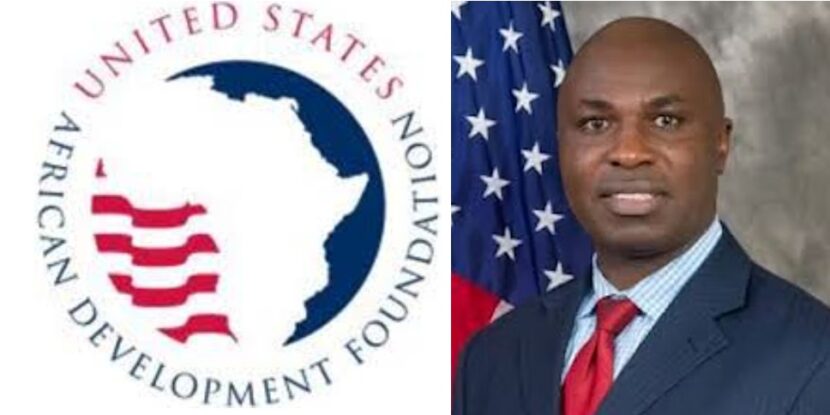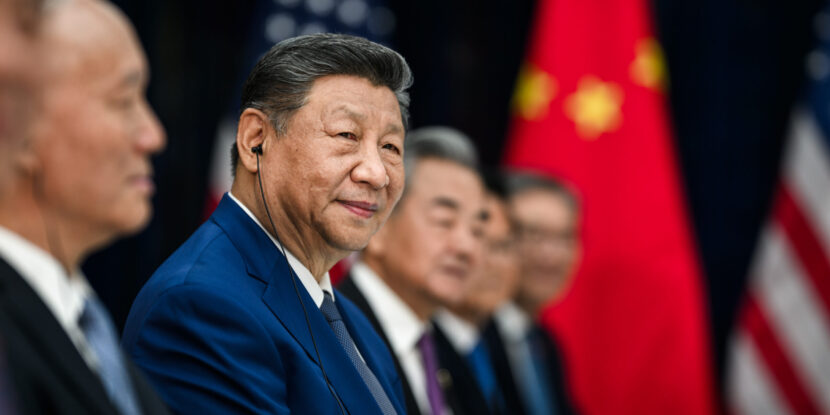❓WHAT HAPPENED: A 38-year-old Canadian man with Lou Gehrig’s disease was euthanized under Canada’s MAID program and his heart transplanted into a 59-year-old man in Pittsburgh—raising concerns that patients may be pressured into euthanasia by medical professionals looking to harvest their healthy organs.
👤WHO WAS INVOLVED: The euthanized donor was a 38-year-old Canadian; the recipient was a 59-year-old man from Pittsburgh.
📍WHEN & WHERE: The euthanization happened in Canada in September, with the transplant conducted in Pittsburgh.
💬KEY QUOTE: “With the development of biotechnology, human organs can be continuously transplanted, and people can live longer and longer, and even achieve immortality.” — Chinese President Xi Jinping
🎯IMPACT: The incident raises ethical concerns about increased pressure on vulnerable people to choose euthanasia.
Canada’s Medical Assistance in Dying (MAiD) euthanasia program is running headlong into a multitude of ethical concerns, including broader controversies surrounding organ harvesting. Investigations in the United States by the Health Resources and Services Administration (HRSA)—a subagency of the Department of Health and Human Services (HHS)—have found over the past several years that some patients may not have been legally deceased when organ retrieval was initiated.
In at least 28 cases reviewed by the HRSA, patients showed neurological signs inconsistent with brain death at the start of procurement. In Canada, the MAiD law is raising further concerns that patients may be pressured into euthanasia by medical professionals looking to harvest their healthy organs.
One of the more high-profile Canadian cases involves a 38-year-old man with Lou Gehrig’s disease who was euthanized in September. His heart was subsequently transplanted into a 59-year-old man from Pittsburgh, who had congestive heart failure. The donor heart was harvested and attached to a machine to keep it viable, and then sent to Pittsburgh for the transplant. This procedure has been described as the “ultimate act of altruism,” though it raises substantial ethical concerns.
Critics argue that such practices could result in pressure on vulnerable people to choose euthanasia, especially if they know their organs could benefit others. The potential for coercion is a significant worry as the scope of who qualifies for assisted suicide continues to expand in Canada.
Canada’s assisted suicide law, enacted in 2016, has led to a growing number of deaths attributed to MAiD, with nearly five percent of all deaths in the country in 2023 falling under this category. The practice, once limited to terminally ill patients, now includes those with serious but non-life-threatening conditions. The law’s expansion to include people with mental illness further complicates the ethical landscape.
Disturbingly, The National Pulse reported in early September that Chinese President Xi Jinping, Russian President Vladimir Putin, and North Korean autocrat Kim Jong-Un were caught on hot mic during an event in Beijing discussing how harvesting organs could be used to prolong their lives to 150 years.
“With the development of biotechnology, human organs can be continuously transplanted, and people can live longer and longer, and even achieve immortality,” Xi said.
Image by World Economic Forum / Sandra Blaser.
Join Pulse+ to comment below, and receive exclusive e-mail analyses.




















